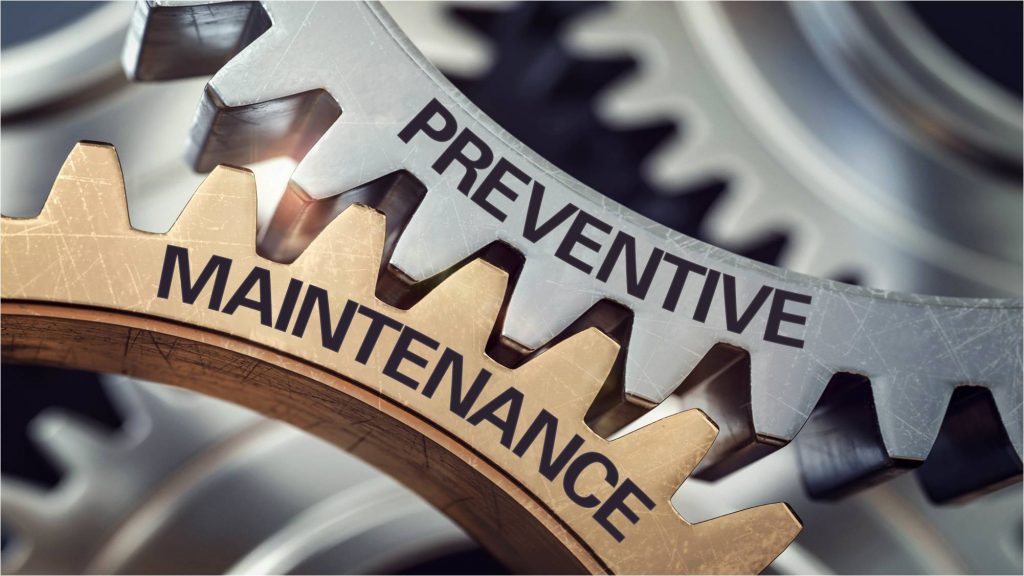Is your maintenance strategy reactive or preventive?
Keeping your equipment in good order is essential for efficient production. A preventive maintenance program can prevent or quickly remedy problems thus eliminating the possibility of any unwelcome surprises.
Here is a look at some reasons why preventive maintenance is a much better alternative to reactive maintenance.
Cost Savings
Companies that rely solely on reactive maintenance are essentially waiting for a problem to happen, and this can often be a very costly move. Unplanned downtime can result in idle employees, halting the production line, missed deadlines, and long-term damage to their brand. An unexpected failure can also mean having to pay technicians overtime and having to pay out extra money for overnight delivery of parts. A preventive maintenance program is meant to avoid these problems through long-term maintenance tasks that are planned in advance. A preventive maintenance plan can save a company money because efforts will be focused on preventing equipment failure rather than responding to emergencies, and preventive maintenance is usually much cheaper and faster than big fixes.
Improved Safety
When equipment isn’t working in optimal condition, it creates many hazards, unsafe working conditions and even emergency situations where workers are injured. Preventive maintenance improves the safety of equipment and therefore the safety of company workers resulting in fewer on the job injuries and accidents.
Increased Equipment Efficiency
Preventive maintenance can help plan routine maintenance such as inspections, oil and fluid changes, part replacements and more. These little fixes can help equipment to run much more efficiently. In turn, a company will benefit from fuel and energy savings because equipment will be running at peak performance.
Decreased Equipment Downtime
While almost all maintenance tasks require some equipment downtime, a preventive maintenance program can decrease and optimize that downtime. For example, a company doesn’t experience unexpected downtime as much as if they were to rely solely on reactive maintenance. Companies can also use preventive maintenance to pre-plan maintenance tasks at optimal times so the downtime experienced is less troublesome. Decreasing equipment downtime is a benefit that saves time in maintenance and day-to-day operations.
Improved Reliability
Preventive maintenance can also help a company to be a more reliable business partner. Customers can count on a company to deliver products, materials, or service on time, without unnecessary delays. By always offering a reliable product or service, a company can enhance its customer service and improve its reputation.
Conservation of Assets
Most equipment these days is certainly not cheap, but the better a company cares for its equipment, the longer it will last. Preventive maintenance will prolong the life of equipment so a company can get more hours out the equipment, resulting in reduced costs and increased profit.
The numerous benefits of preventive maintenance has caused many maintenance managers to shift from reactive maintenance to a regular, routine preventive maintenance plan meant to prevent problems and optimize equipment. Preventive maintenance is the best option for companies that want to succeed long term, and therefore understand that they need a long term plan for proper equipment upkeep.
>>> Click here to require a quotation for a custom Preventive Maintenance Plan.


